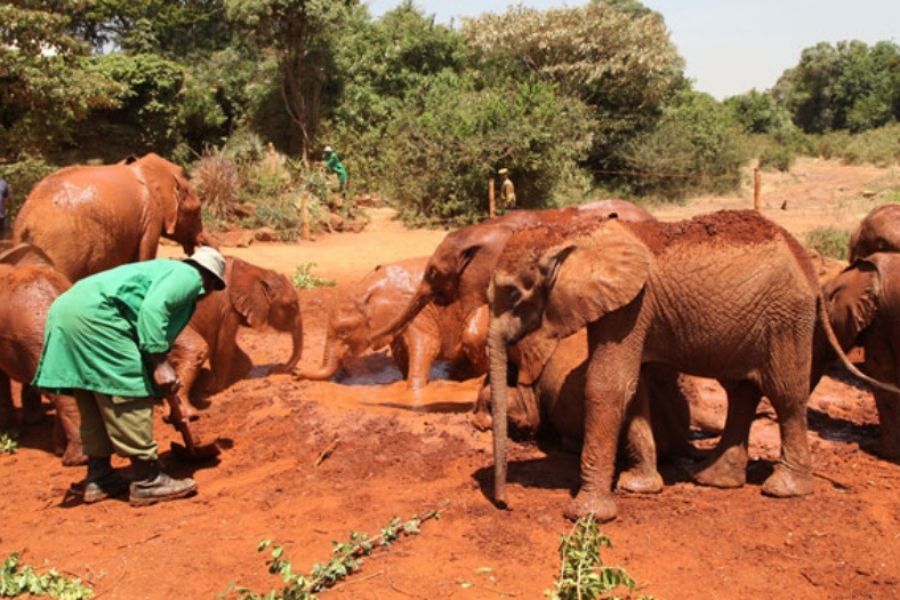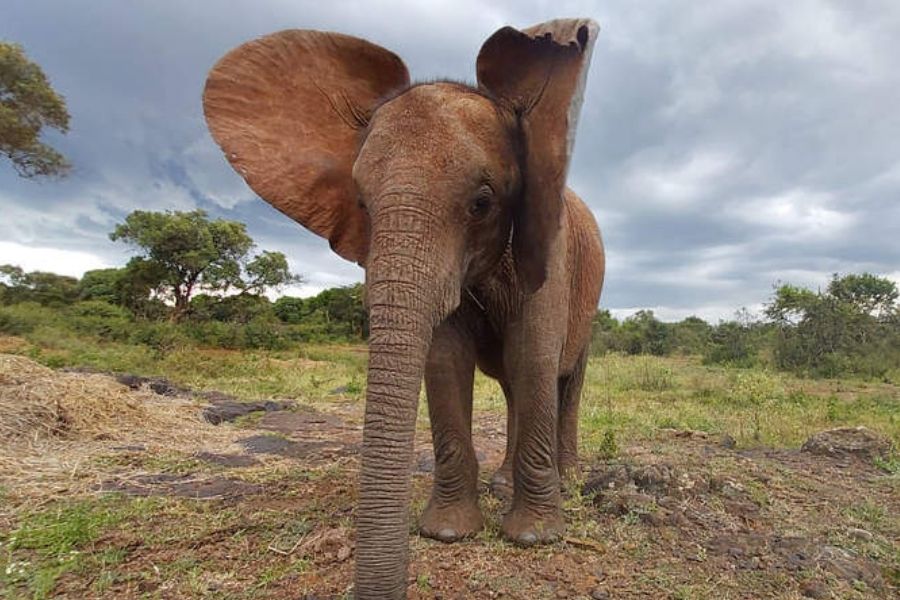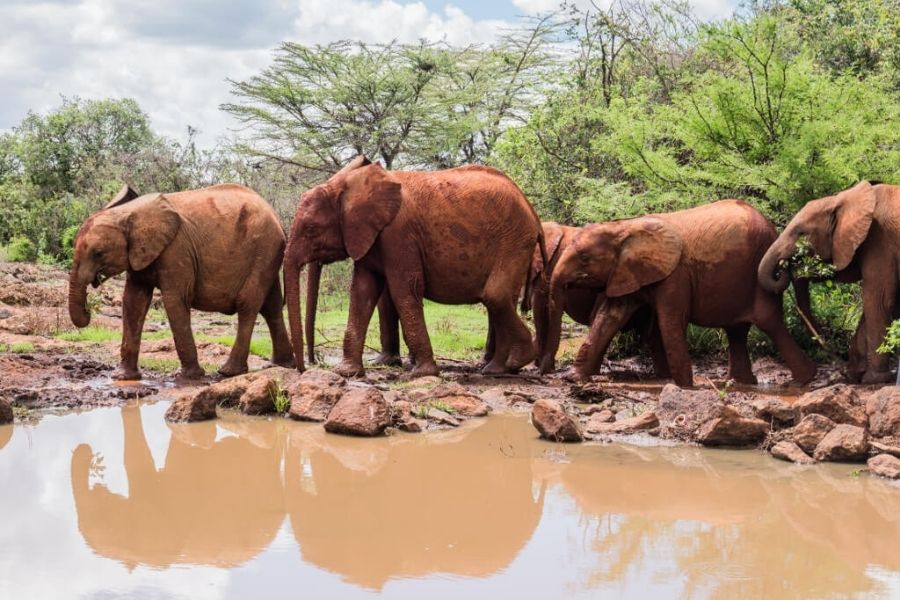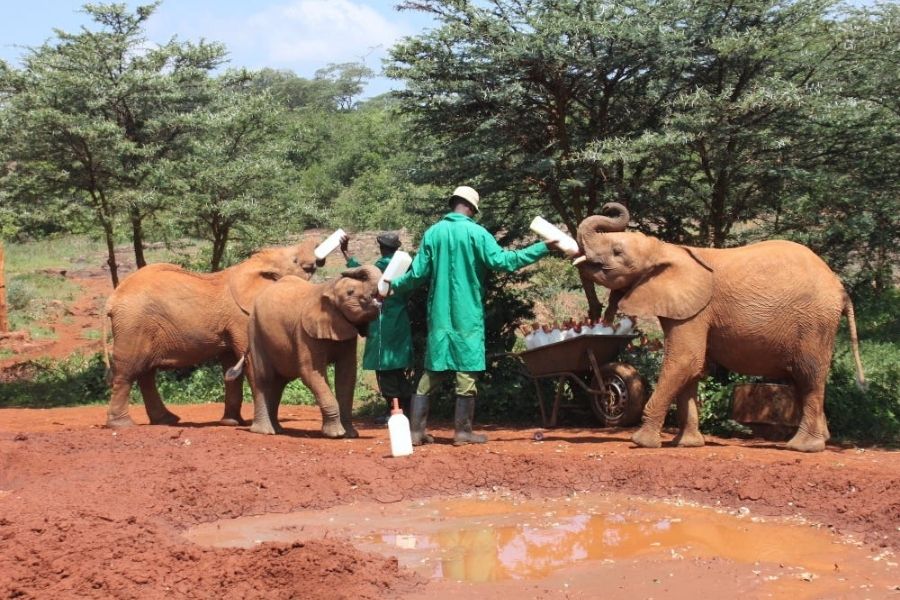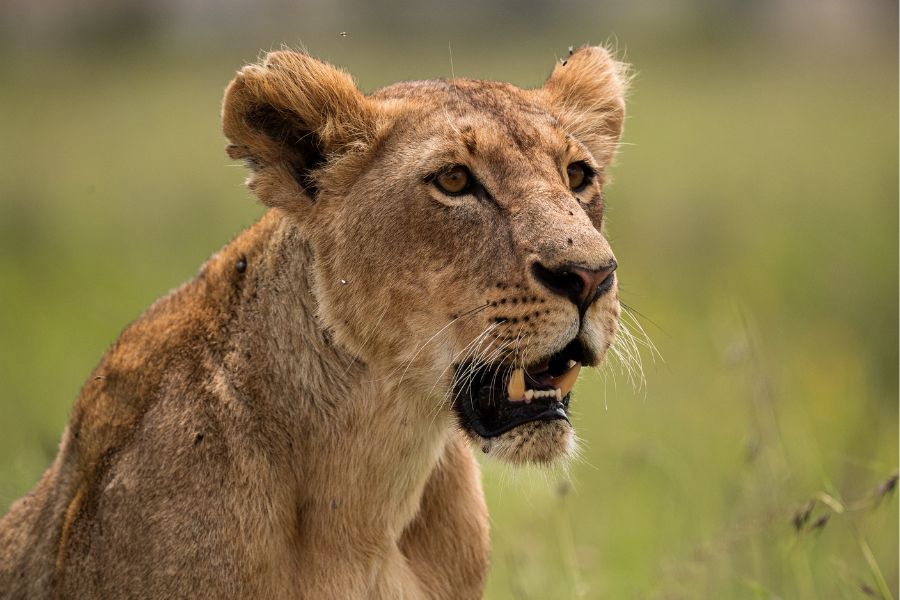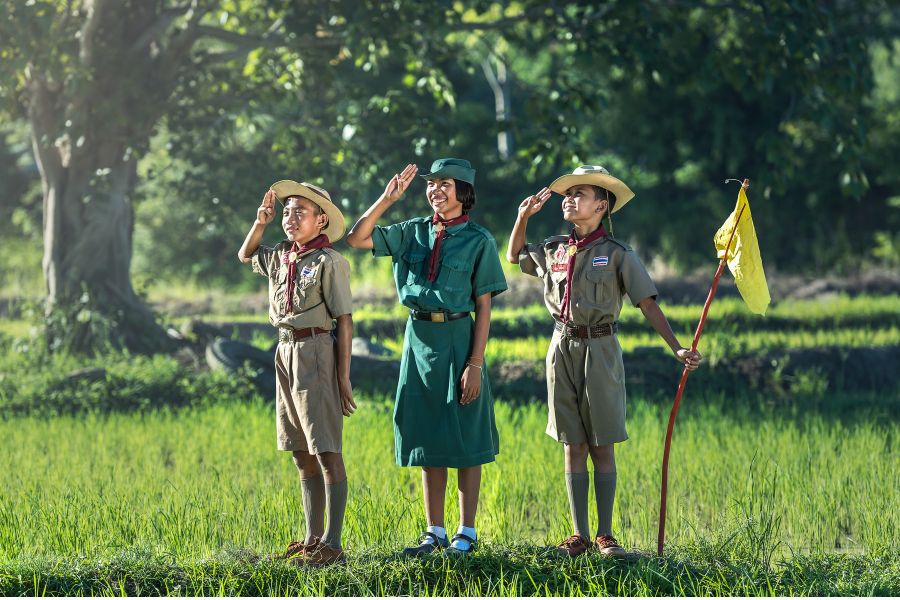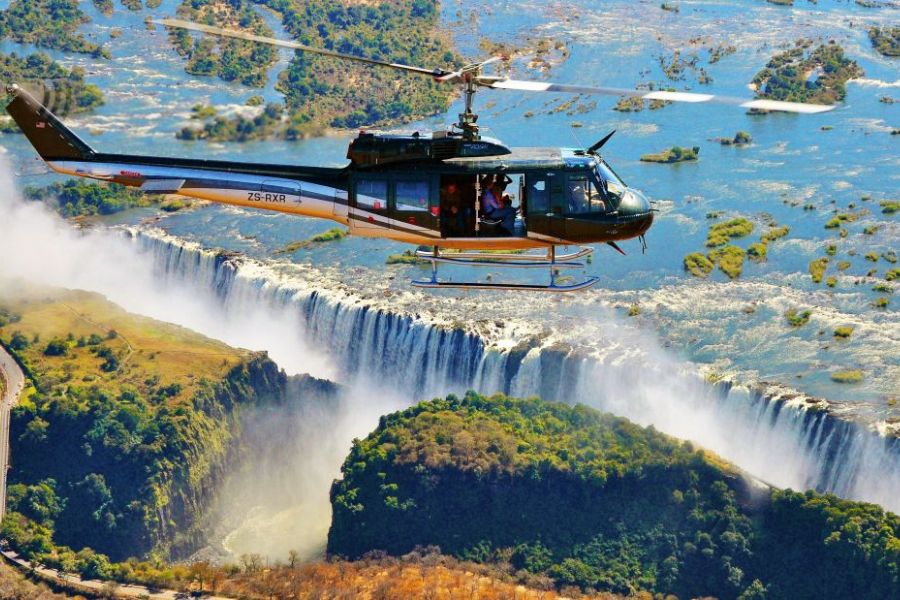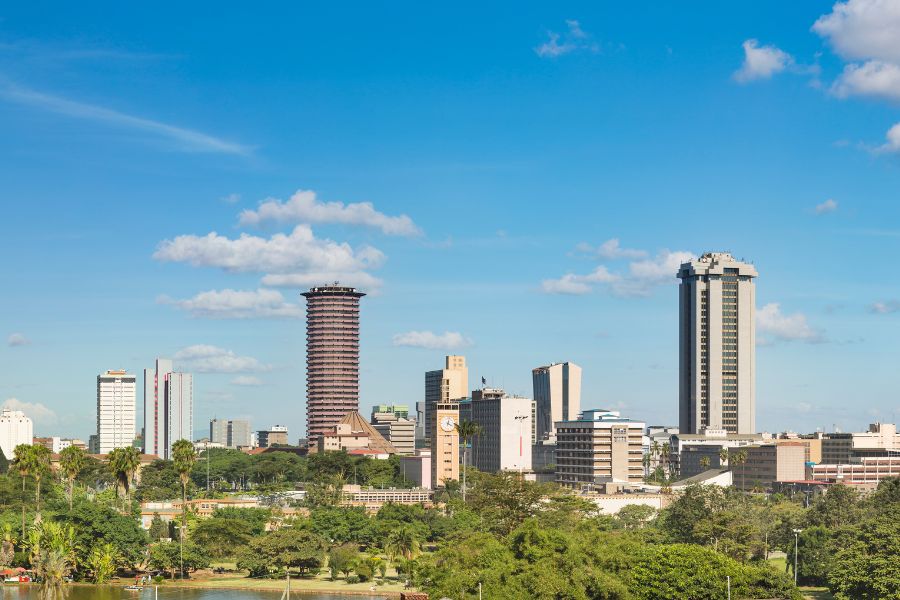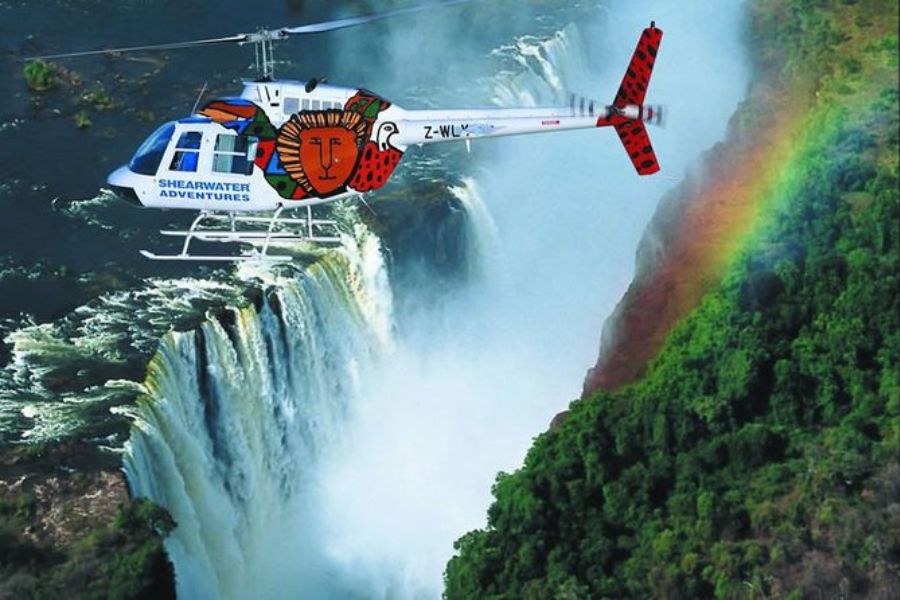DAVID & DAPHNE SHELDRICK WILDLIFE TRUST
Background
- The Trust Centre was founded in 1977, by Dr. Dame Daphne Sheldrick, in memory of her late husband, who was a well known naturalist and founding warden of Tsavo East National Park.
- It borders Nairobi National Park, off Magadi Road. The Orphans’ Project date have successfully reared over 150 infant elephants and reintegrated them back into wild herds in Tsavo.
- The Orphans’ main objective is conserve Kenya’s threatened elephant and rhino populations against the threat of poaching for their ivory and horn, and the loss of habitat due to human animal conflict as well as deforestation and drought.
EFFORTS TO ACHIEVE THE OBJECTIVE.
Anti-poaching Unit:
For over fifteen years, David & Daphne Sheldrick Wildlife Trust has been involved in funding and operating mobile de-snaring and anti-poaching units in the Tsavo National Parks.
The common targeted threats include: rhino and elephant poaching, bushmeat snaring, illegal logging of forested areas, charcoal burning and livestock encroachment.
David & Daphne Sheldrick Wildlife Trust has put in place eight full time anti poaching units, which patrol the boundaries of the greater Tsavo Conservation area (48,656 Km2 ) on foot and by vehicle.
This area includes; Tsavo East and West National Parks, Chyulu Hills National Park, Kibwezi Forest Reserve and bordering private and community ranches.
These skilled frontline teams are making a significant difference in deterring, prosecuting and preventing poaching, snares and other crimes within the wildlife habitat in this area.
Aerial Unit
The David Sheldrick Wildlife Trust has an Aerial Unit consisting of four aircraft. These are used for low-level aerial monitoring and surveillance.
They are based near the Tsavo National Park, and fly primarily throughout the Tsavo Conservation Area (TCA) in support of the Kenya Wildlife Service (KWS) and David & Daphne Sheldrick Wildlife Trust anti-poaching and veterinary ground teams.
In partnership with KWS regional authorities locations are identified from the air to combat persistent poaching activities, following which many arrests have been made by KWS, whilst poacher’s hideouts, snare lines and shooting platforms erected over waterholes are sighted and destroyed as are charcoal kilns.
Other illegal activities identified from the air include the illegal intrusion of livestock within the Protected Areas, which poses a great threat to the TCA and the future of the environment.
Alongside the KWS/DSWT Tsavo and Amboseli Mobile Veterinary Units the Aerial Surveillance Unit is also a vital tool in sighting and monitoring and assisting in the treatment of injured elephants.
Orphanage.
Often when elephants are killed for their ivory, baby elephants are left abandoned.
The lucky few baby elephants that are found, are taken to the elephant nursery, nestled with Nairobi National Park where the David Sheldrick Wildlife Trust have perfected a milk formulae to help nourish these infant elephants.
With a thirty year learning curve, David & Daphne Sheldrick Wildlife Trust has perfected a formula to raise these orphans, with milk, love and care until such time as the elephant is comfortable amongst wild herds and chooses to become independent.
The time involved depends entirely on the individual elephant, each has their own distinct personality - however, all orphans at the David Sheldrick Wildlife Trust are elephants again and integrated into the wild community by the age of 10 years old.
None of this is possible without the help of many people worldwide, as rearing an infant elephant is an expensive and long term commitment.
Visiting the David Sheldrick Trust Centre Nairobi
-
Open to public viewing daily between 11:00 and 12 noon, when the nursery inmates come for their daily mud bath.
-
Open option of “adopting” a baby elephant or making a donation towards their many projects during your visit.






